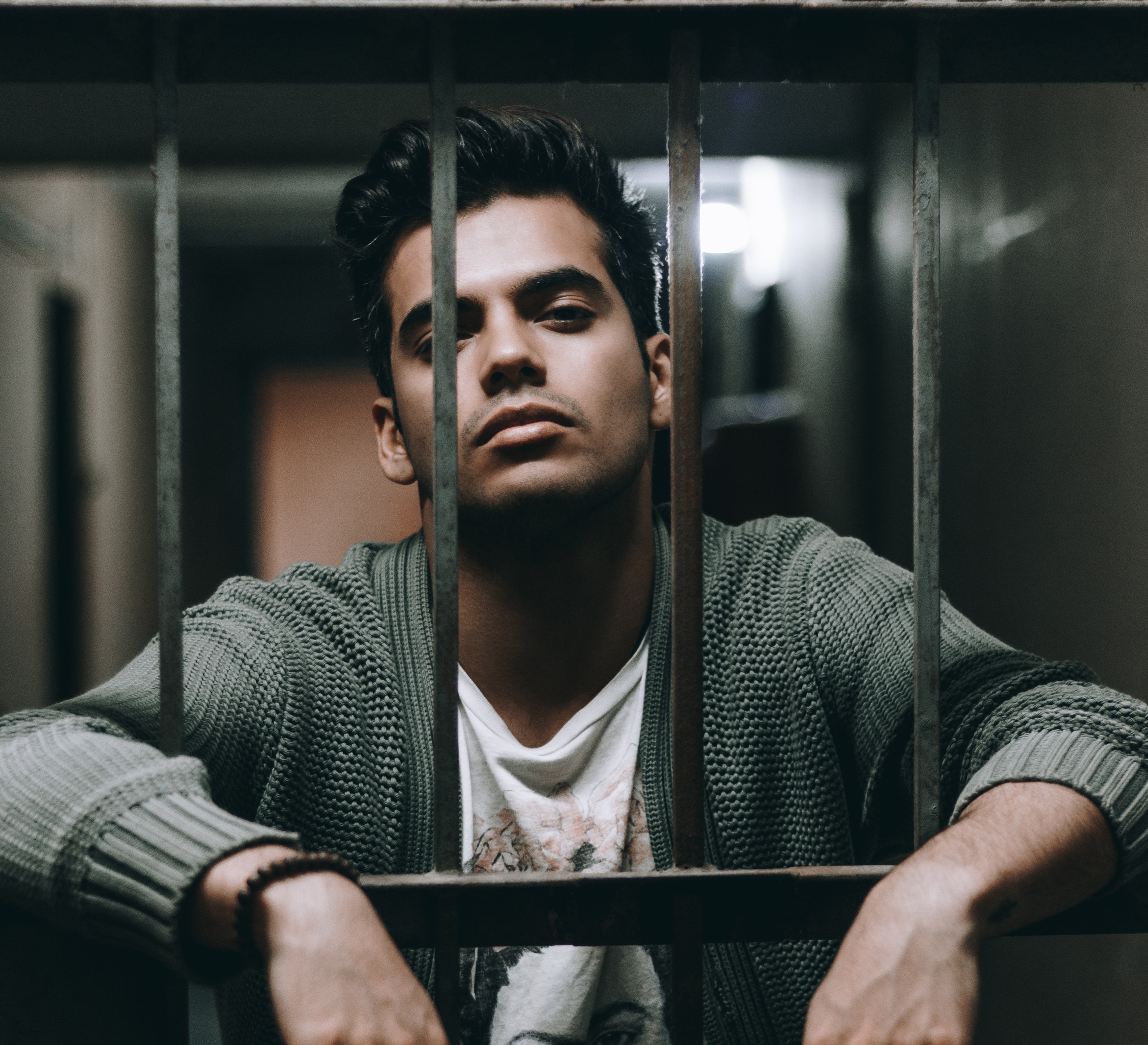Life after prison in Maryland
With each criminal conviction, the state of Maryland matter-of-factly tells the defendants how long they will spend behind bars. Hidden from view, in the “fine print,” is a long list of additional penalties attached to these convictions.
Only upon leaving prison and while attempting to rebuild their lives, do offenders experience, first-hand, how these non-prison “collateral consequences” limit or deny their basic rights to housing, food stamps, education, voting, employment, child custody and much more.
A 2018 study conducted by the Prison Policy Initiative found that “formally incarcerated people are unemployed at a rate of over 27%—higher than the total U.S. unemployment rate during any historical period, including the Great Depression…[and]…Exclusionary policies and practices are responsible for these market inequities.”
The study concludes: “A prison sentence should not be a perpetual punishment…States should implement automation record expungement procedures and reform their licensing practices so as to eliminate the automatic rejection of people with felony convictions.”
“The stigma of incarceration and disconnection from the workforce,” according to a Council of State Governments report, “are among the challenges people face when trying to find a job after release from prison or jail. People who have been incarcerated earn 40 percent less annually than they had earned prior to incarceration.”
Researchers at the Council of State Governments have prepared a list of 967 separate “collateral consequences” imbedded in Maryland statutes and regulations—waiting to snare persons convicted of a crime. Some consequences kick-in automatically. Others are applied on a case-by-case basis. Some have a set duration, others are indefinite.
Here are examples of how Maryland’s post-prison penalties make the prison-to-society transition more difficult for ex-offenders.
Employment
“Ineligible for employment with a county school board.” A mandatory penalty with an indefinite duration for conviction of crimes of violence and sex offenses.
“Deny/suspend/revoke home improvement license.” A discretionary penalty of indefinite duration for conviction of a felony or misdemeanor.
“Ineligible to engage in insurance business.” A discretionary penalty of indefinite duration for conviction of crimes involving fraud, dishonesty, misrepresentation or money-laundering and crimes of violence.
Housing/Public Assistance
“Ineligible for temporary case assistance/food stamps (1-2 years for controlled substance offenses).” A mandatory penalty with a time-limited duration for conviction of controlled substances offenses.
“Deny state retirement benefits.” A discretionary penalty with an indefinite duration for conviction of a felony or a misdemeanor.
“Ineligible for Food Supplement Program.” A mandatory penalty with a variable duration for conviction of any felony or controlled substances offenses.
Occupational Licenses
Because “One out of five working Americans needs a license to work while one in three American adults has a criminal record,” the Institute for Justice encourages state lawmakers to repeal needless licenses, scale back anticompetitive licensing laws and strengthen the rights of people with a criminal record to gain meaningful employment.
To do so, the Institute has prepared, for state adoption, a model legislation titled, “Collateral Consequences in Occupational Licensing Act.” And, to date, at least 18 states—including Maryland—have reformed their occupational licensing laws to reduce entry barriers for those with a criminal record.
According to the Collateral Consequences Resource Center’s Restoration of Rights Project, a non-profit organization that tracks legal restrictions on people with a criminal record, Maryland has taken steps to remove employment barriers for ex-offenders:
- Public employers may not inquire about an applicant’s criminal record until an opportunity for an interview is given;
- Licensing boards may not deny a license or certificate based on a criminal conviction unless the conviction is directly related to the license sought or issuance would involve an unreasonable risk to property or safety;
- A Certificate of Rehabilitation must be issued to nonviolent and non-sexual felony and misdemeanor offenders who have completed the conditions of their supervision.
When state legislatures erect legal barriers that make life after prison difficult, if not impossible, they are setting people with a criminal record up for failure—and a trip back to prison.
Ex-offenders have a personal responsibility to make the lifestyle changes needed to successfully re-enter society. Maryland legislators also have a responsibility to give wrong-doers the opportunity to make these changes and to become productive, law-abiding citizens.
Ronald Fraser, Ph.D., writes on public policy issues for the DKT Liberty Project, a Washington-based civil liberties organization.


Online access stops them from getting jobs! My son has mental issues after being lockup with no medical treatment for meth addiction. Now lives on 391. A month with no work history, can’t get a job on and on! No one should have to live under these circumstances. Women get more help the men all they have to do is have a child.